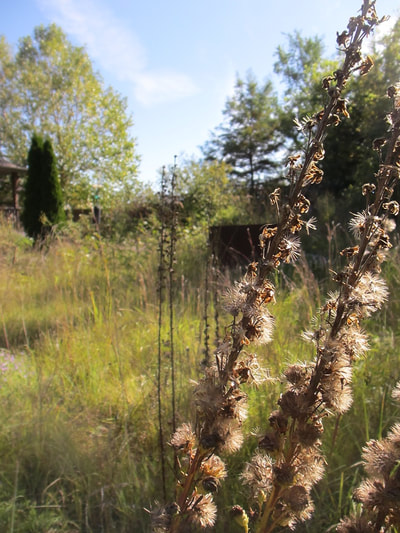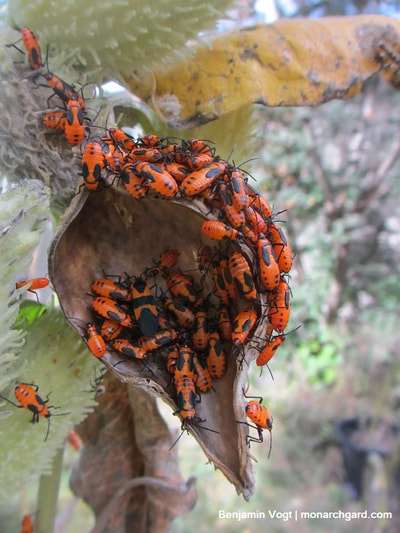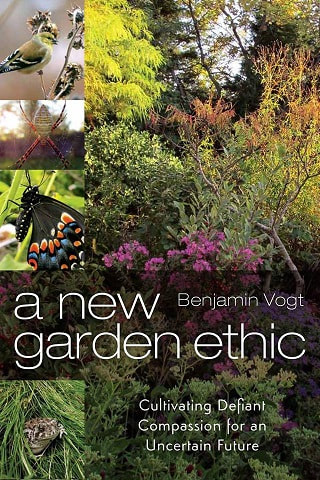Beauty from the human aesthetic standpoint is a judgement based on emotion. And there's nothing wrong with it per se. We are part of nature, part of what is alive both animate and inanimate, and our spiritual bonds to wildness are necessary to our psychical and psychological survival. What is less a judgment, what is less subjective, is how a space is beautiful on a much deeper and more profound level. When we say a garden is pretty, we are treating the space as something to consume -- it's on the same level as most art, a momentary engagement, even if we have MANY momentary engagements that cultivate new responses. Our understanding of the art is limited, perhaps willfully limited, to what we perceive in the blink of an eye or the grazing of a hand over soft leaves. Our environmental crisis demands more than this simple engagement.
Again, those perceptions are good and powerful, but it's only the perception of one species -- a dominate species that seldom considers the perceptions or needs of others. We proclaim to act on nature's behalf simply by having a garden, as if any assemblage of plants -- particularly if it wakes in us a sense of awe -- is the only or primary goal of a garden or wild space.
How can we hope to garden ethically for all life if we don't comprehend even one additional aspect of a space, if we don't redefine beauty in a time of climate change and mass extinction? We may find an exotic plant beautiful and functional, but it may be ugly to wildlife. We may find a plant cleans water or stabilizes an embankment, but why can't or why isn't it doing more? We limit our response to life when we stop at calling a space beautiful simply because we find it so -- a culmination of our culture and our family's expectation passed down to and through us. A freshly mowed lawn is beautiful, but it seldom benefits the kind of biodiversity and ecological function we force upon it to defend our aesthetic choices. A butterfly bush is beautiful, but it supports no larvae and a very limited number of adult insects.
What is a new garden ethic? How do we get there? Why is it important? What do we defend about our perceptions and beliefs, and why do we defend them so fervently? Is that garden beautiful? To whom? How are gardens an act of social justice that awakens or builds a new compassion and resolve to honor all life and cultivate equality?




 RSS Feed
RSS Feed

